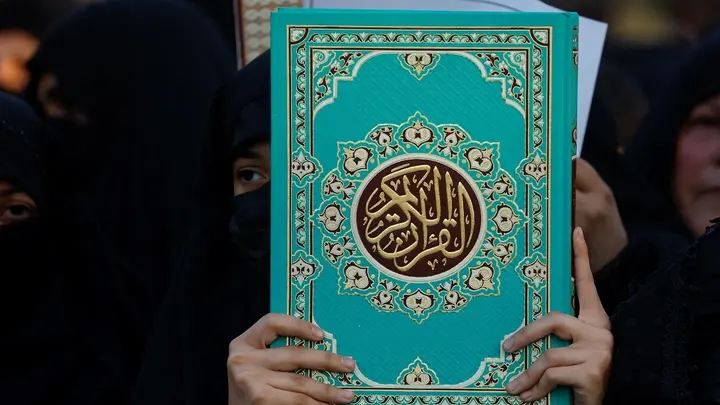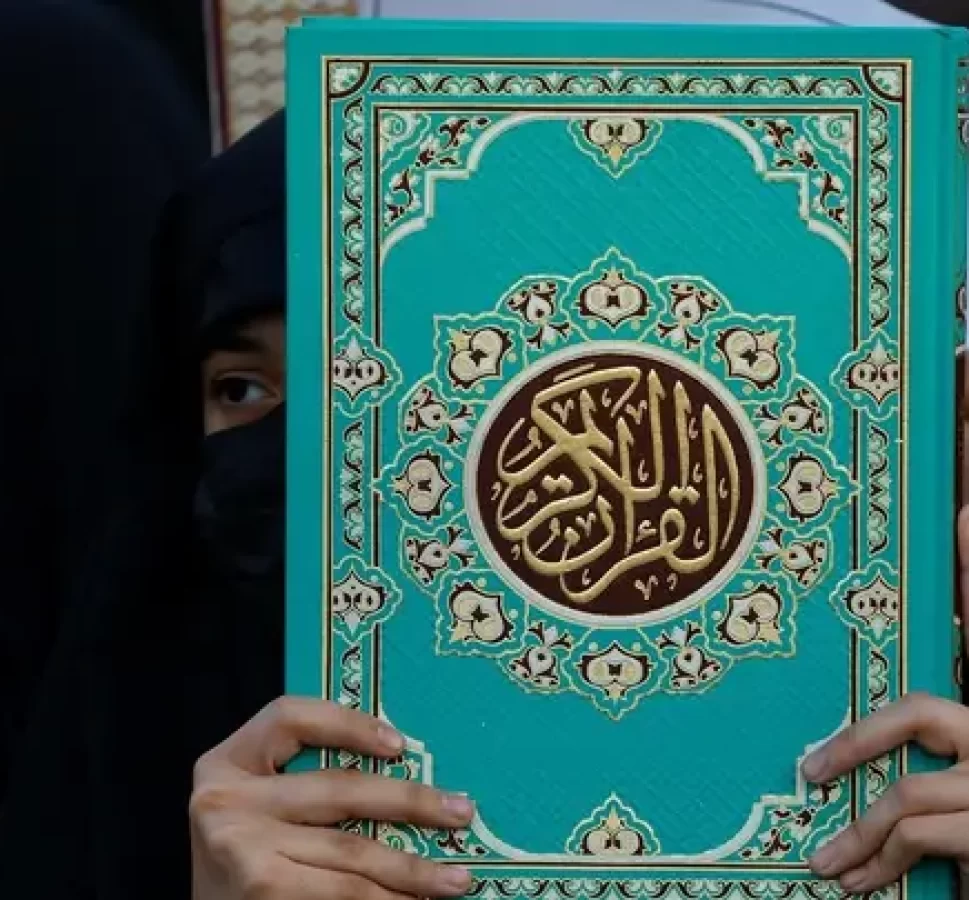
A Swedish man who publicly desecrated and burned copies of the Quran has been found guilty of hate crimes, days after another man facing the same charges was killed.
Salwan Najem was convicted by the Stockholm District Court on Monday of “having expressed contempt for the Muslim ethnic group because of their religious beliefs on four occasions”.
Najem was given a suspended sentence and fines for the 2023 demonstrations, in which he trod on copies of the Quran and set them alight while making derogatory remarks about Muslims.
The court ruled his acts, which inspired anger and protests in some Muslim countries, went beyond the bounds of legitimate religious criticism protected as free expression.
The ruling comes less than a week after Najem’s fellow campaigner, Iraqi refugee Salwan Momika, was shot dead in an apartment right before he was due to receive his verdict in a parallel case.
No suspect has been charged yet in that killing. Last week, authorities arrested five people in relation to the incident but later released them.
Swedish Prime Minister Ulf Kristersson said a “foreign power” may have been involved in the shooting.
“I can assure you that the security services are deeply involved because there is obviously a risk that there is a connection to a foreign power,” Kristersson said.
Deputy Prime Minister Ebba Busch also condemned the killing, calling it a “threat” to Sweden’s democracy. “It must be met with the full force of our society,” she wrote in a social media post.
The 2023 Quran burnings made the balance between free speech rights and rules protecting ethnic and religious groups into a major issue for Sweden and other European countries.
The judge presiding over Najem’s case, Goran Lundahl, said in a statement cited by The Local that “expressing one’s opinion about religion does not give one a free pass to do or say anything and everything without risking offending the group that holds that belief.”
Najem’s lawyer said he would appeal against the verdict.
“My client considers that his statements fall within the scope of criticism of religion, which is covered by the freedom of expression,” he said.





